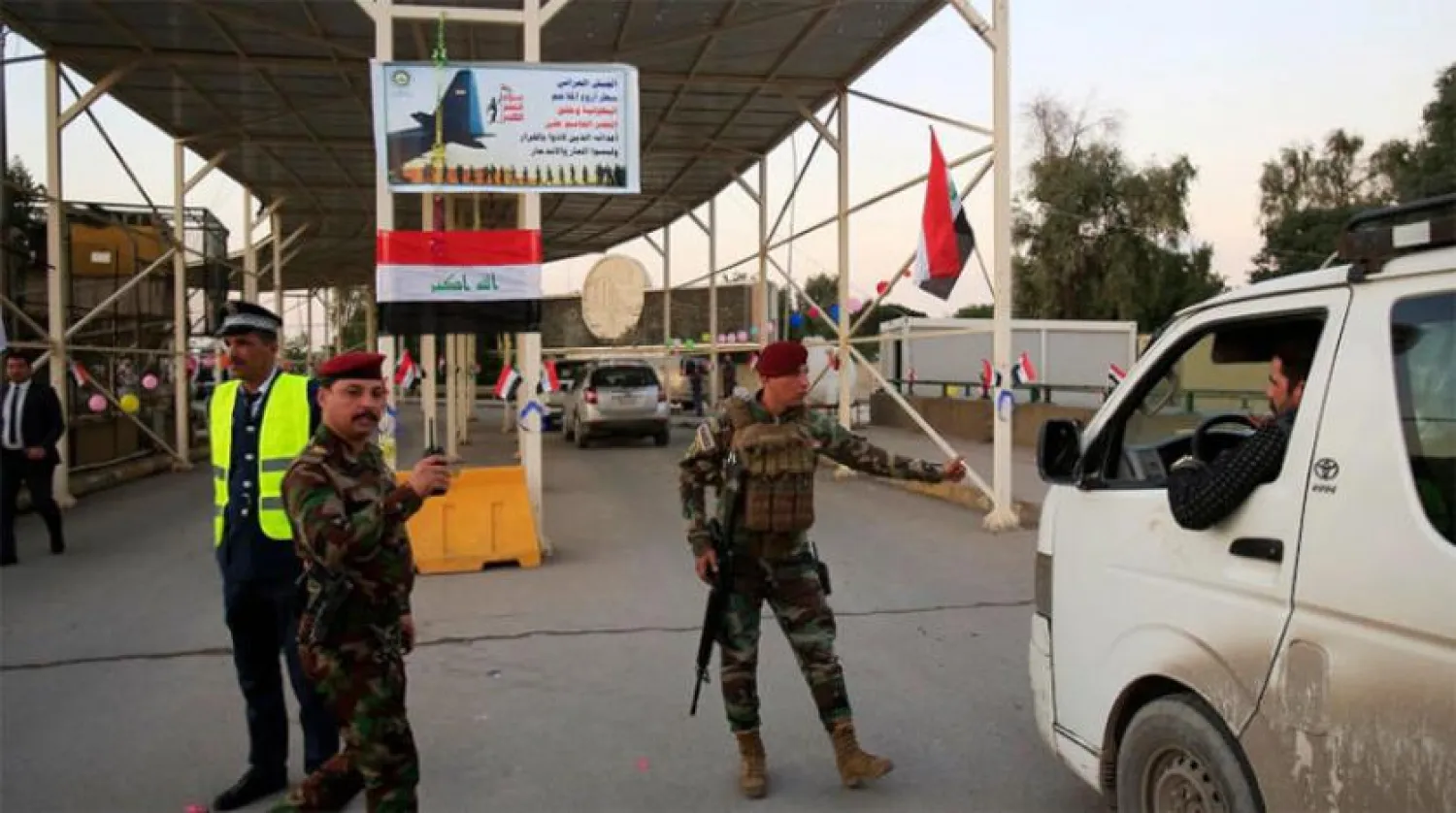Ending a truce that lasted a little over a week, several Katyusha rockets landed inside Baghdad's Green Zone, where the US embassy is located. The rockets were launched by pro-Iranian armed factions.
The truce had coincided with the visit of Iraqi Prime Minister Mustafa al-Kadhimi to Washington and the US-led international coalition handing over the Taji military base back to Iraqis as part of the US withdrawal and redeployment plan in the country.
Much to Iraqi observers’ confusion, even though armed factions issued a strongly worded statement against Kadhimi’s Washington visit and his participation in the Amman summit, the ceasefire held.
Pro-Iran factions refused the results of Kadhimi’s US visit. The US administration under Donald Trump had announced that US troops will withdraw from Iraq within three years, while the armed factions were demanding an immediate departure.
It is believed that a meeting, held two-days ago, attended by Kadhimi at the residence of Fatah Alliance head Hadi al-Amiri was behind ending the truce. The meeting was also attended by State of Law Coalition leader Nouri al-Maliki and officials from other Fatah blocs.
Although the meeting was supposed to tackle Kadhimi’s visit to Washington and Amman, it focused on recent events that took place in Basra and Nasiriyah.
After the truce was put on ice, three Katyusha rockets on Thursday landed in the heavily fortified Green Zone in the Iraqi capital without causing casualties, the military said.
Unlike the usual rocket firing, these projectiles were launched from a very close distance to the Green Zone and the US embassy.
The rockets were fired from the al-Bejiyah area in western Baghdad late Thursday night, the media office of the Iraqi Joint Operations Command (JOC) said in a brief statement.
They caused no casualties after they landed on an empty field in the zone, the statement added.









